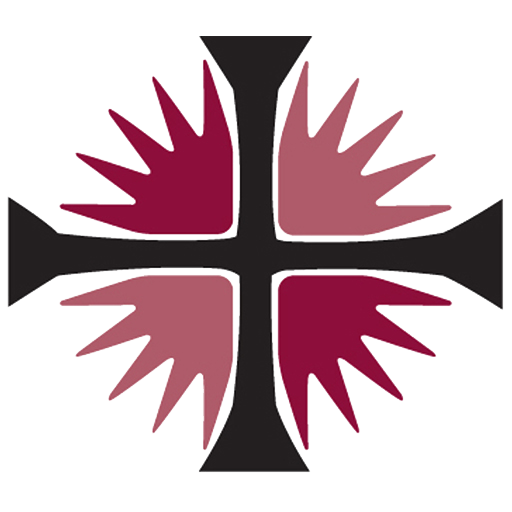A Policy Statement Adopted by the Executive Board North Carolina Council of Churches, December 2, 2003
The Issue
The question of raising the tax on cigarettes appears to pose a conflict between positions taken by the North Carolina Council of Churches in previous years. On the one hand, the Council has warned of the health risks associated with cigarette smoking, supported measures leading to better health and providing more accessible health care, and called for steps to limit youth access to cigarettes. On the other hand, the Council has long supported a more progressive tax structure and opposed regressive taxes:
Some relevant information:
- 26% of NC adults are smokers.
- 38.3% of NC high school students use tobacco products (national average is 34%).
- 18.4% of NC youth in grades 6 to 8 use tobacco products (national average is 15.1%).
- The average age a person starts to use tobacco products is between 12 and 14 years old.
- NC’s cigarette tax is currently 5¢ per pack, the third lowest in the county.
- Cigarette taxes currently range from 2.5¢ per pack (Virginia) to $2.05 (New Jersey). The average tax overall is 72.9¢. Excluding the major tobacco states, the average tax is 80.9¢.
- An increase in the cigarette tax of 75¢ per pack is estimated to produce a 16% decrease in youth smoking. Increasing the cost of cigarettes has proven to be the most effective way to reduce smoking among youth.
- Tobacco use is higher among lower-income groups.
- Since the cigarette tax is on a per-pack basis, not a percentage of the price, the tax is the same for the lowest priced generic brand and the highest priced premium brand.
- A 75¢ increase in the cigarette tax would cost the poorest 20% of the population (those with incomes under $15,000) 0.66% of their income. Those in the top 1% (incomes of $314,000 or more) would only pay 0.01% of their income.
- The gap between rich and poor is increasing. Nationally, the Congressional Budget Office has just reported that the gap in income is at its widest since at least 1979. (Other national data indicate that the gap is larger than it has been since 1929.) From 1979 to 2000, the bottom 40% of income earners saw their portion of the nation’s income drop from 19% to about 14½%. During the same time frame, the top 1% saw their income share rise from 7½% to 15½%.
- One of several reasons for this increasing gap in income is an increasing disparity in tax policy. In NC, from 1989 to 2002, the poorest 20% of taxpayers were the only quintile group to see their combined state and local taxes increase. The richest 1% of taxpayers saw their taxes decline by the largest percentage.
Recommendation
The North Carolina Council of Churches believes that it is possible to craft tax policy which would both decrease youth tobacco use and lead to a fairer tax structure and which could also help those already addicted to nicotine. Therefore, the Council supports an increase in the cigarette tax of at least 75¢ per pack, but only if the revenues generated are used for 1) smoking cessation programs, 2) health care costs, and/or 3) changes in the tax structure which benefit people of lowest incomes. This could be through the institution of a state Earned Income Tax Credit (which the Council has earlier endorsed), an increase in the minimum level at which people must pay income taxes, a decrease in the sales tax rate, or some other change that reduces the tax burden on people with the lowest incomes. Specifically, the Council will not support an increase in the cigarette tax if the additional revenue is part of a plan to decrease the corporate tax rate.
